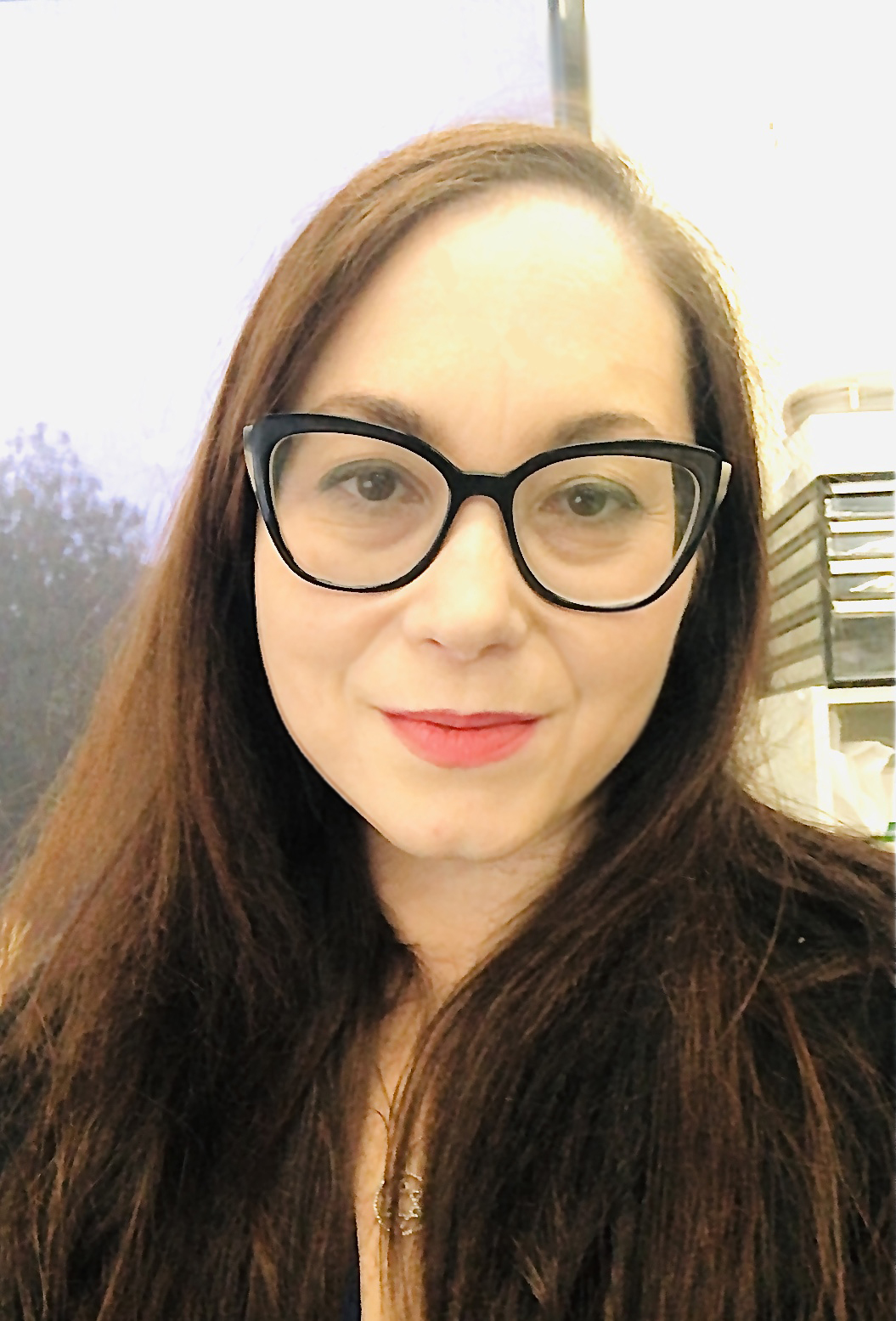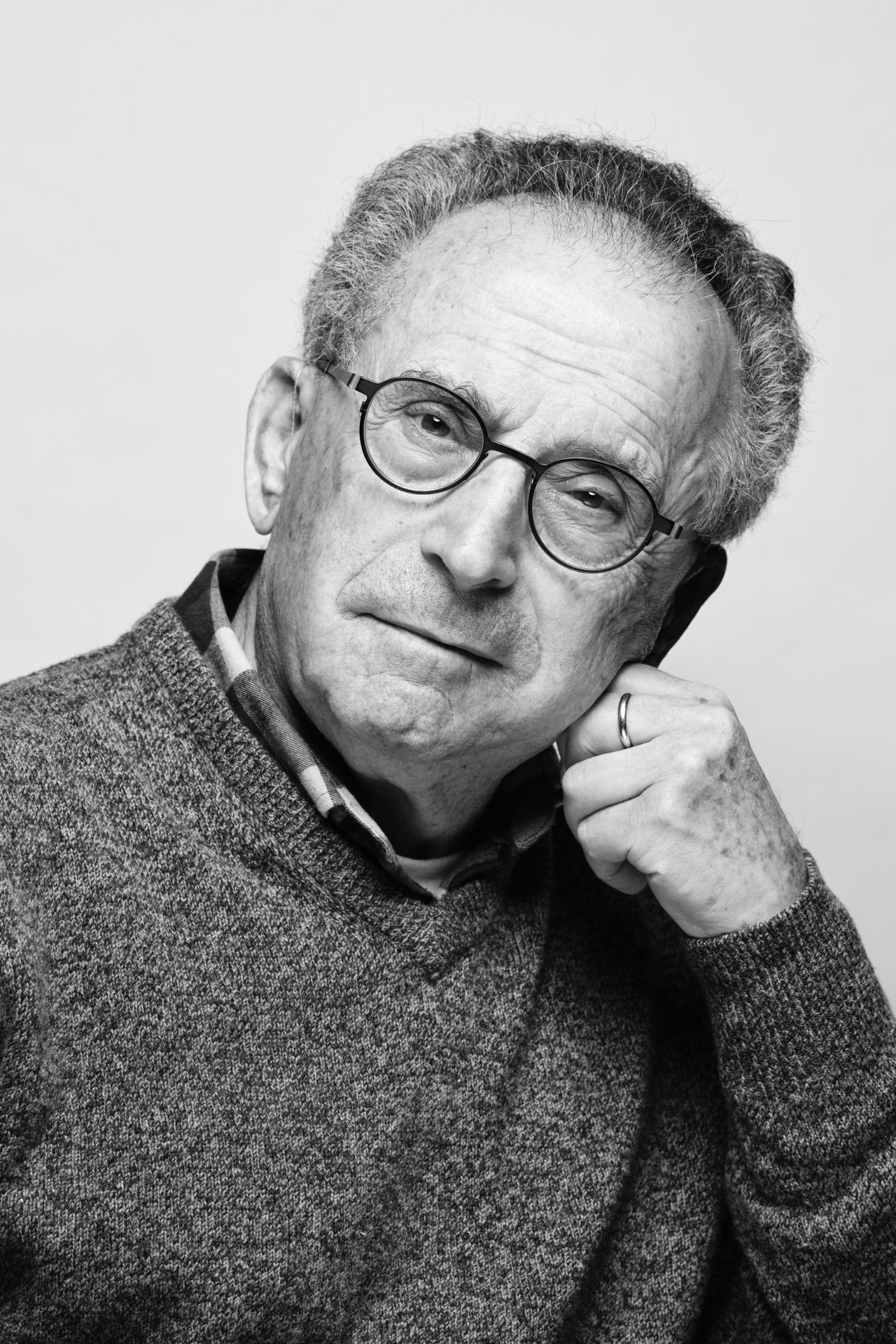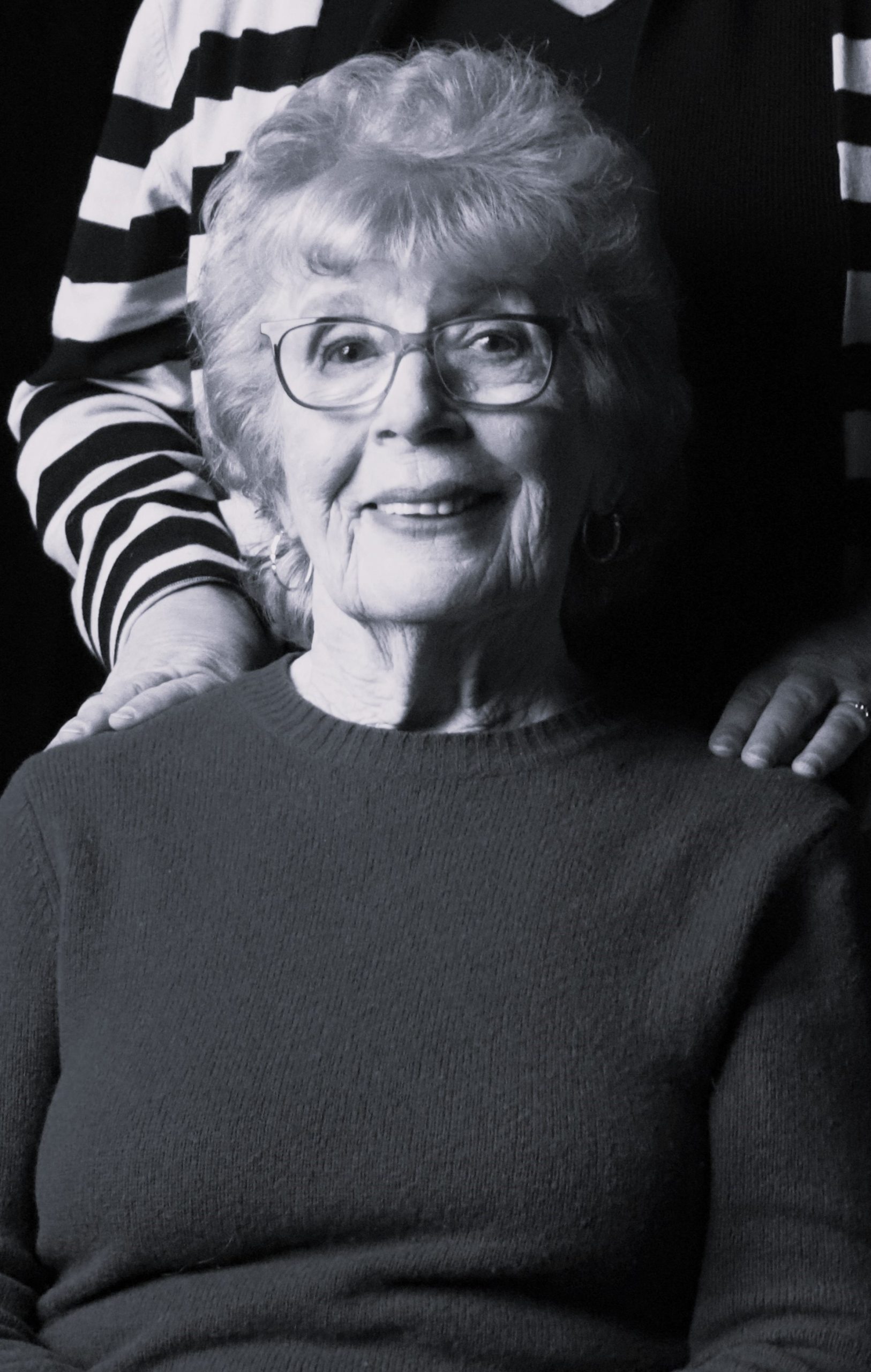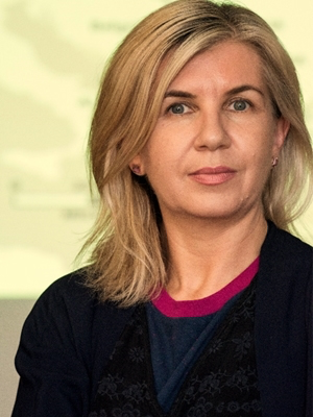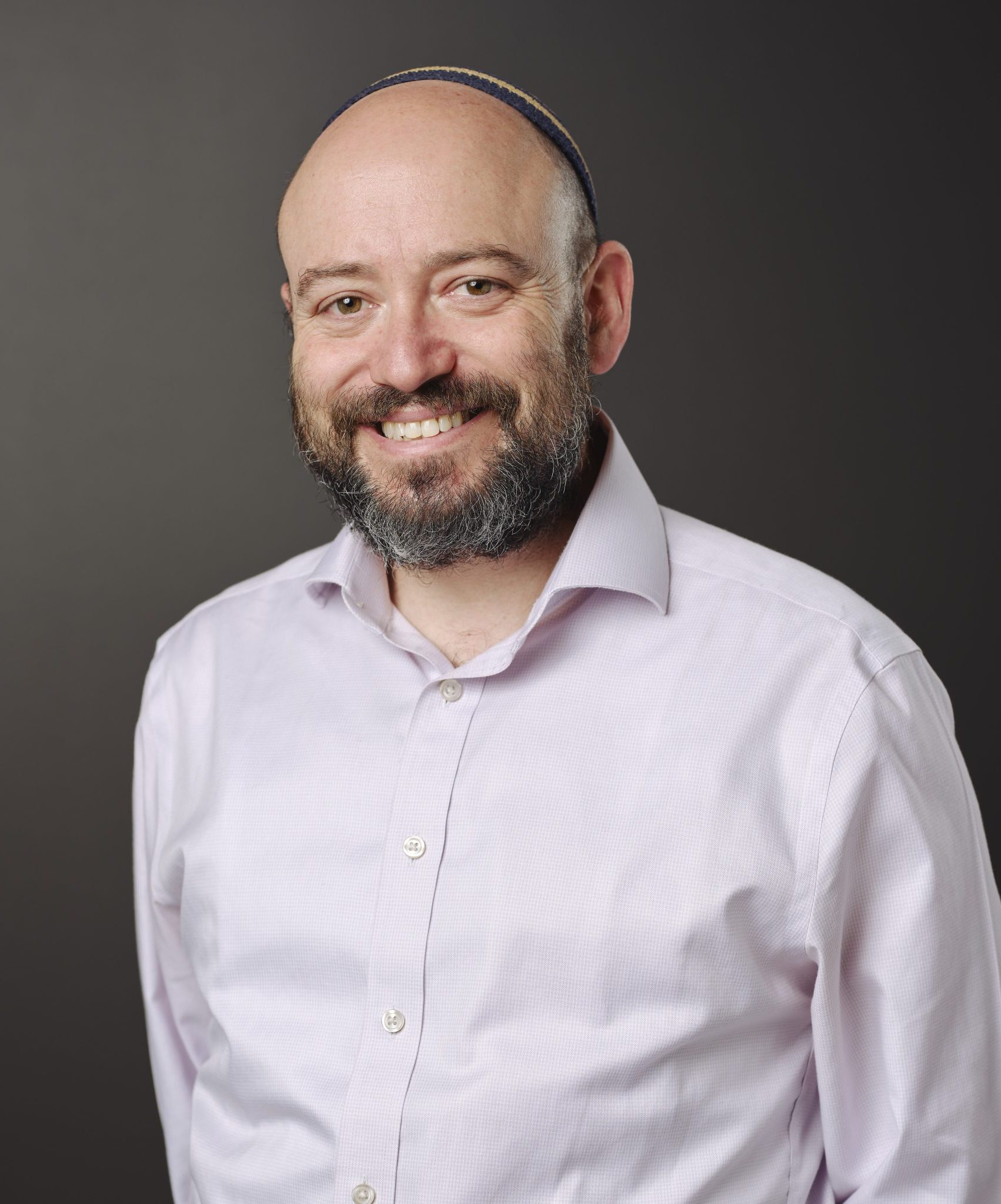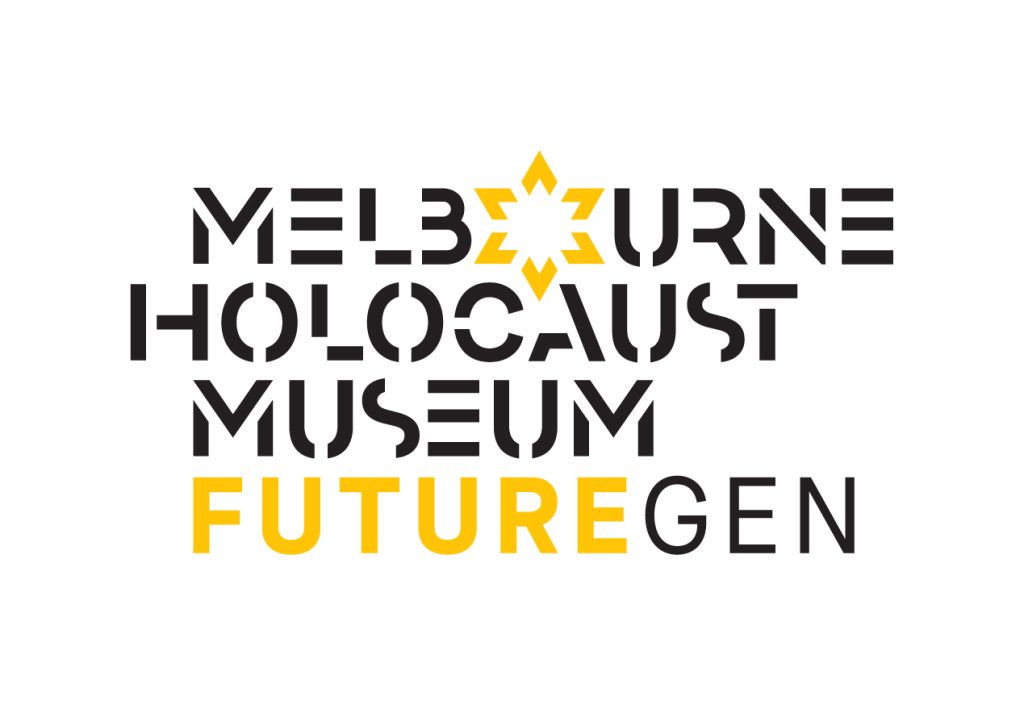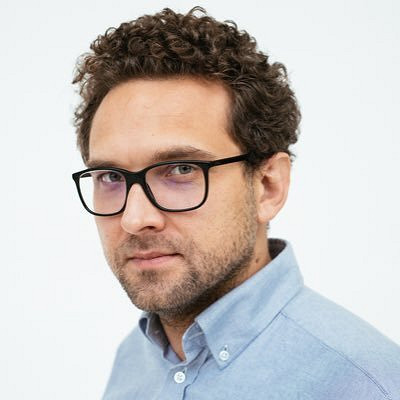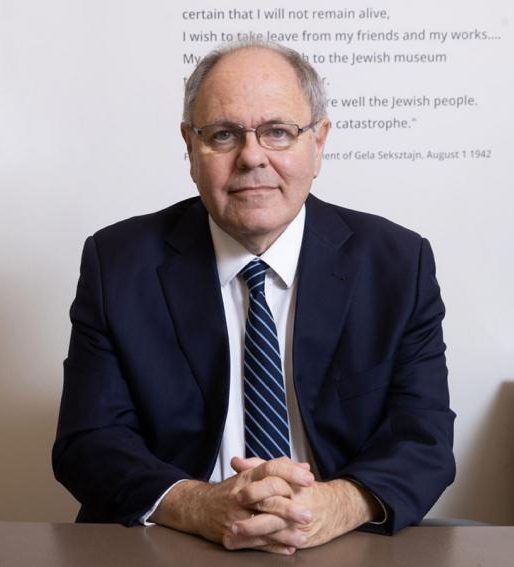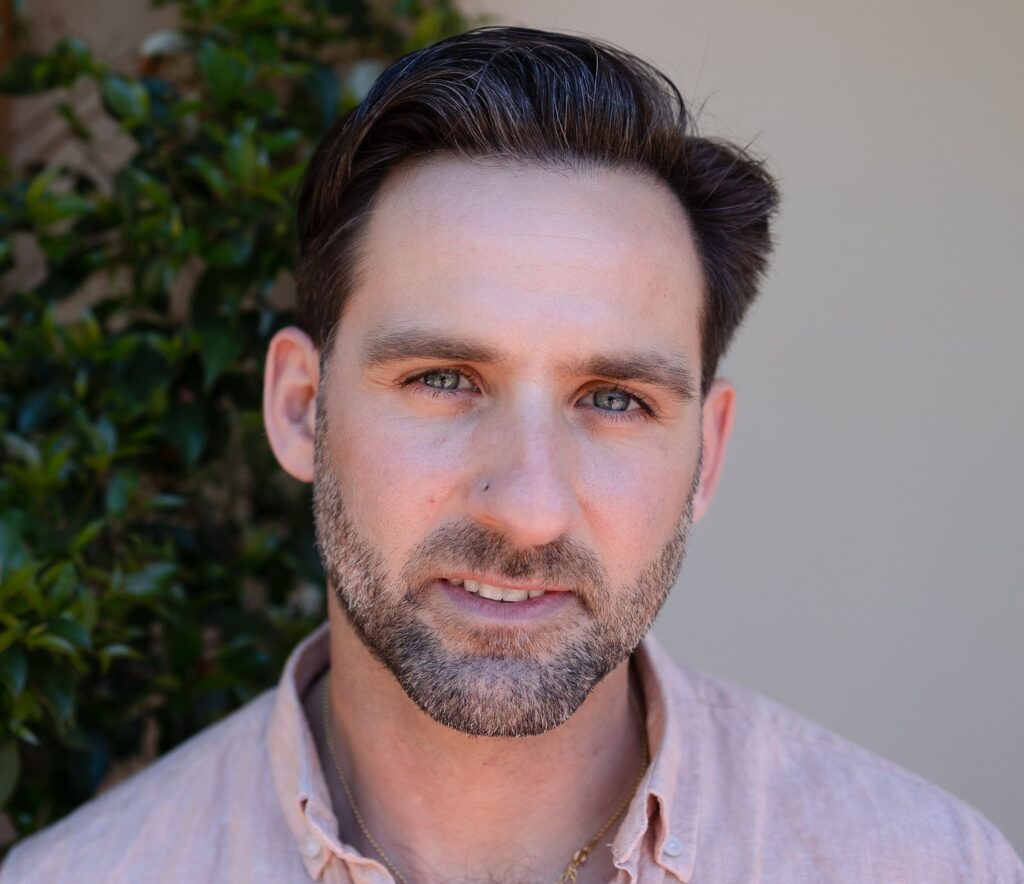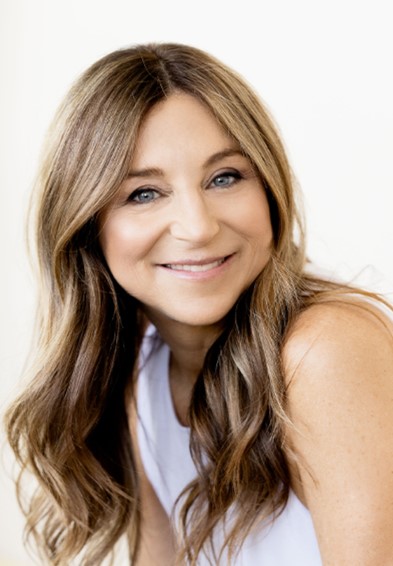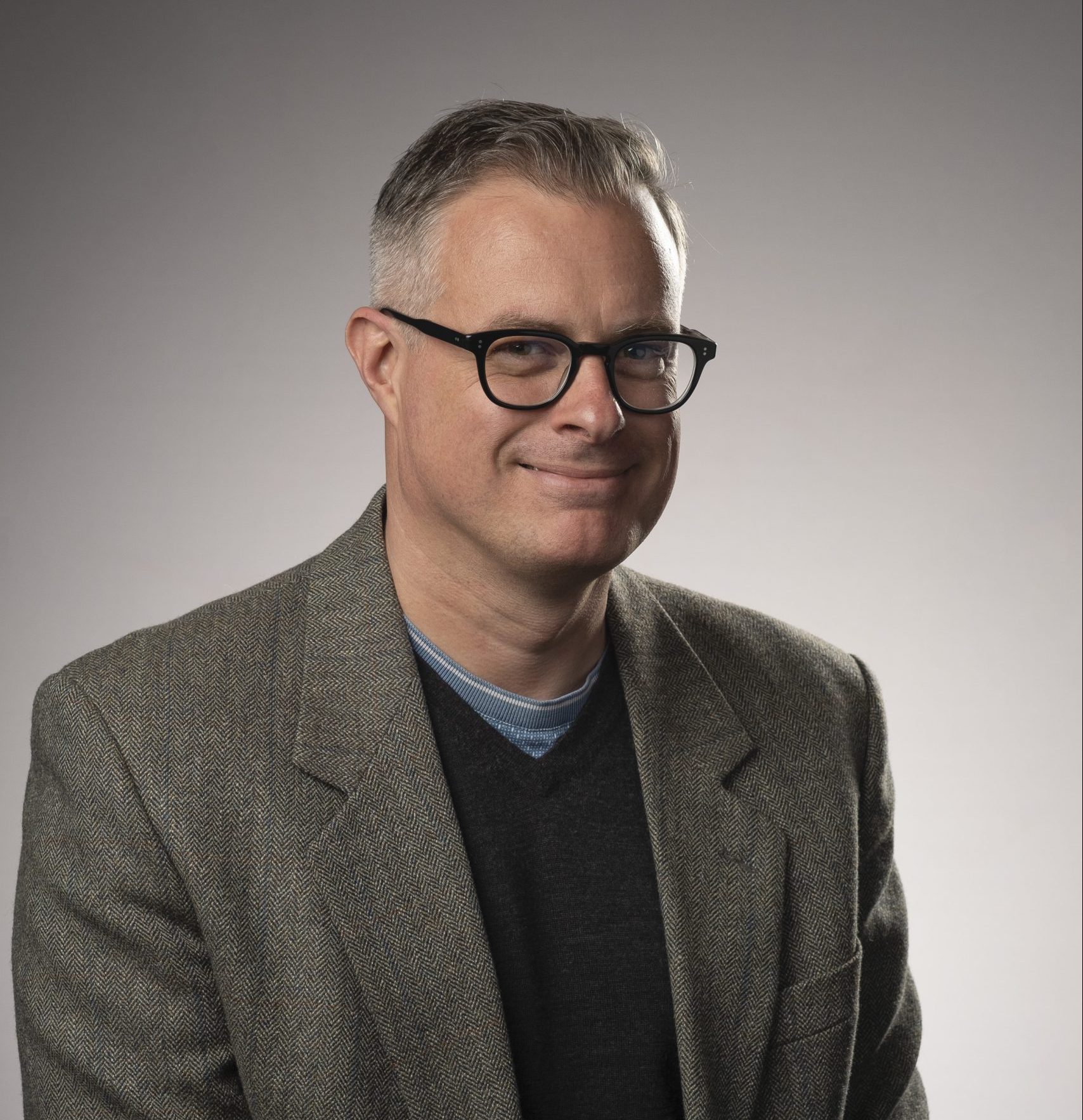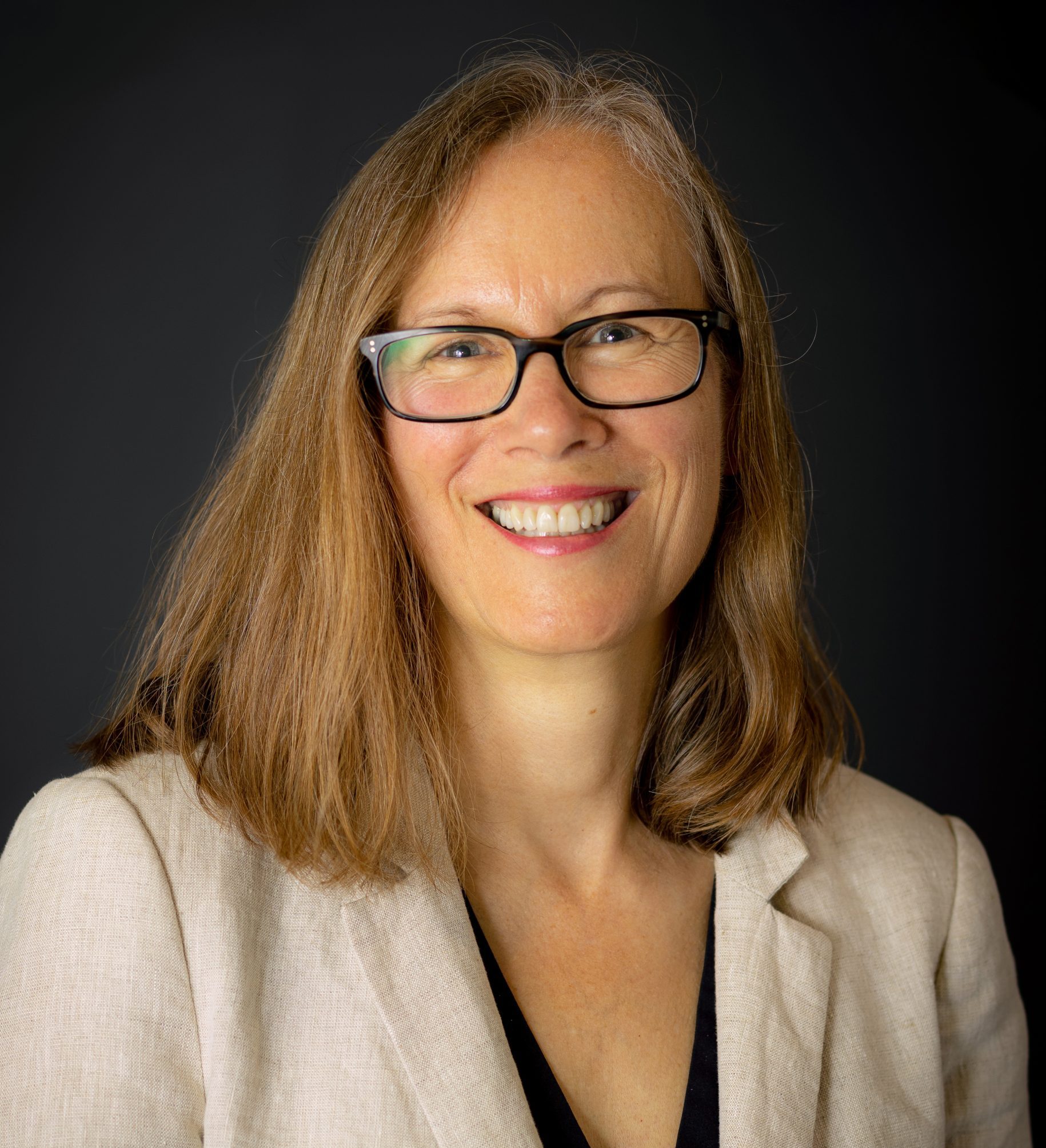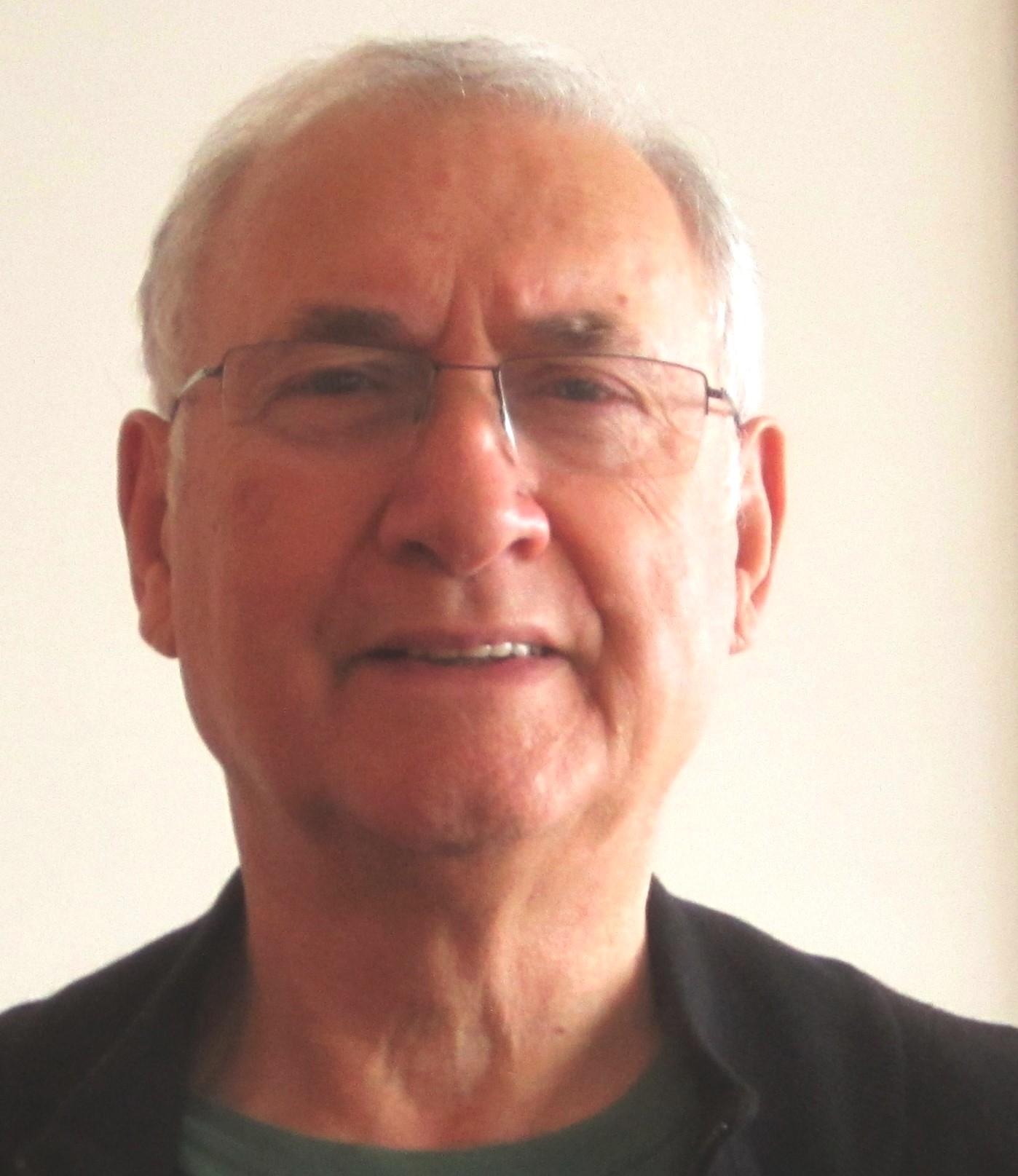There is No There: Last Letters from the Warsaw Ghetto
Included within the Melbourne Holocaust Museum’s exhibition of Underground: The Ringelblum Archives, a display case of artefacts has been included to connect Melbourne to Warsaw. These historically significant objects originate from Warsaw, and include a range of correspondence from Jews incarcerated in the ghetto sent to relatives in Melbourne.
Dr Anna Hirsh, MHM’s Manager of Collections & Research will present and discuss the contents and meaning of these letters, as last connectors to the world outside.
This talk is presented as part of the public programming running alongside the Melbourne Holocaust Museum’s inaugural special exhibition in the new Alter Special Exhibitions Gallery – Underground: The Secret Archive of the Warsaw Ghetto. On display for the first time outside of Europe, Underground exhibits rare artefacts from the hidden archive of the Warsaw Ghetto. This archive was led by historian Emanuel Ringelblum who initiated an unprecedented campaign to collect material in the ghetto—the collection today known as the Ringelblum Archive. This collective of academics, writers, and activists working secretly in the first attempt to document the German-initiated mass murder of European Jews as it was happening. The exhibition brings home to the viewer the act of resistance that the underground archive of the Warsaw Ghetto constituted—a never-ending, arduous, harrowing but ultimately successful attempt to write the story of the Holocaust from the perspective of its victims.
Underground is on display at the Melbourne Holocaust Museum from 17 November 2024 to 30 March 2025.
Underground: The Hidden Archive of the Warsaw Ghetto is presented in partnership with the Jewish Historical Institute, Poland, the Association of the Jewish Historical Institute of Poland, and the Munich Documentation Center for the History of National Socialism, Germany.

Testimonies of Freedom
We invite you to join us for the commemoration of International Holocaust Remembrance Day and the Liberation of Auschwitz-Birkenau on Tuesday 28 January 2025.
This year’s event commemorates 80 years since the end of World War Two.
Please join us to hear three Holocaust survivors share their experiences of liberation and what liberation means to them. This panel discussion will be moderated by Dr Breann Fallon, MHM Head of Programming and Exhibitions.
Image | Simon Shiff
-
Prof Gilah Leder AM
-
Peter Gaspar OAM
-
Eve Graham
Behind the scenes tour of Underground: The Hidden Archive of the Warsaw Ghetto
Join a MHM expert for a tour of Underground: The Hidden Archive of the Warsaw Ghetto. Explore the exhibition with one of our expert team, hear about the process of bringing these rare artefacts to Melbourne and the stories behind this collection.
On display for the first time outside of Europe, Underground exhibits rare artefacts from the hidden archive of the Warsaw Ghetto. This archive was led by historian Emanuel Ringelblum who initiated an unprecedented campaign to collect material in the ghetto—the collection today known as the Ringelblum Archive. This collective of academics, writers, and activists working secretly in the first attempt to document the German-initiated mass murder of European Jews as it was happening. The exhibition brings home to the viewer the act of resistance that the underground archive of the Warsaw Ghetto constituted—a never-ending, arduous, harrowing but ultimately successful attempt to write the story of the Holocaust from the perspective of its victims.
Please select a date
Underground: The Hidden Archive of the Warsaw Ghetto is presented in partnership with the Jewish Historical Institute, Poland, the Association of the Jewish Historical Institute of Poland, and the Munich Documentation Center for the History of National Socialism, Germany.

Exhibition Sponsors
The Melbourne Holocaust Museum would like to thank our exhibition sponsors
- Gerry and Lillian Pearce
- The Embassy for the Federal Republic of Germany
Programming Sponsors
The Melbourne Holocaust Museum would like to thank our programming sponsors
- The Jewish Quarterly
- The Australian Centre for Jewish Civilisation, Monash University
Restless Archive: The Holocaust and the Cinema of the Displaced
Join us for conversation with Dr Simone Gigliotti about film, history, digital curation, and regenerated archives of movement.
Dr Gigliotti’s latest monograph Restless Archive is a digital, open access book and exhibition that analyses how non-fiction film (documentaries, newsreels, home movies, fundraiser films and documentaries) represented Jewish home-seeking routes and obstructions during and after the Nazi period (from 1933 to 1949). The digital platform on which the book is published functions as a curation zone that gathers previously dispersed material and presents them as a “restless archive” of historical displacement, politics and prejudice.
-
Dr Simone Gigliotti
-
Dr Simon Holloway
Screaming Truth to the World: The Secret Archive of the Warsaw Ghetto
From the moment that the Warsaw Ghetto was sealed in November of 1940, historian Emanuel Ringelblum recognised the importance of testimony. With a small number of colleagues, he compiled reports on life under increasingly extreme conditions. With the onset of the Great Deportation in July of 1942, the future looked increasingly bleak and the nature of the archive changed. From that moment, until the final eradication of the ghetto in early 1943, the purpose of the secret archive was to preserve… everything.
In this lecture, Dr Simon Holloway will explore the history of the archive and the personalities of its contributors. Special attention will be given to those objects that the Melbourne Holocaust Museum is proud to showcase in our new Underground exhibit.
This talk is presented as part of the public programming running alongside the Melbourne Holocaust Museum’s inaugural special exhibition in the new Alter Special Exhibitions Gallery – Underground: The Secret Archive of the Warsaw Ghetto. On display for the first time outside of Europe, Underground exhibits rare artefacts from the hidden archive of the Warsaw Ghetto. This archive was led by historian Emanuel Ringelblum who initiated an unprecedented campaign to collect material in the ghetto—the collection today known as the Ringelblum Archive. This collective of academics, writers, and activists working secretly in the first attempt to document the German-initiated mass murder of European Jews as it was happening. The exhibition brings home to the viewer the act of resistance that the underground archive of the Warsaw Ghetto constituted—a never-ending, arduous, harrowing but ultimately successful attempt to write the story of the Holocaust from the perspective of its victims.
Underground is on display at the Melbourne Holocaust Museum from 17 November 2024 to 30 March 2025.
Underground: The Hidden Archive of the Warsaw Ghetto is presented in partnership with the Jewish Historical Institute, Poland, the Association of the Jewish Historical Institute of Poland, and the Munich Documentation Center for the History of National Socialism, Germany.

Silent Tears The Last Yiddish Tango
World renowned singer Lenka Lichtenberg and her ensemble have toured Canada, the USA, Europe and South America and now bring this brilliant show to Kadimah for one night only.
This is a show for all music lovers. While heartbreaking — the music of “Silent Tears” also brings hope and inspiration.
Dan Rosenberg, producer and narrator of Silent Tears says: “We created new music based on the Polish tangos from the 1930s – an Eastern European genre mixed with Jewish and Romani music.” About 3000 tangos were written during the inter-war years in Poland, many of them by Polish Jews.
This wonderful concert blends original Yiddish tango music with poems and stories from women who survived the Holocaust in Poland.
It features songs from the band’s albums Thieves of Dreams + Silent Tears, based on poetry that Lenka’s Lichtenberg’s grandmother wrote while incarcerated at the Theresienstadt Concentration Camp.
The concert is fully accessible to non-Yiddish speakers
Future Gen Exhibition Tour: Underground: The Hidden Archive of the Warsaw Ghetto
Join us for this FutureGen exclusive behind-the-scenes access to Underground: The Hidden Archive of the Warsaw Ghetto.
Hear from the team behind the exhibition and the Melbourne artefacts our team added to the original European exhibition design.
On display for the first time outside of Europe, Underground exhibits rare artefacts from the hidden archive of the Warsaw Ghetto. This archive was led by historian Emanuel Ringelblum who initiated an unprecedented campaign to collect material in the ghetto—the collection today known as the Ringelblum Archive. This collective of academics, writers, and activists working secretly in the first attempt to document the German-initiated mass murder of European Jews as it was happening. The exhibition brings home to the viewer the act of resistance that the underground archive of the Warsaw Ghetto constituted—a never-ending, arduous, harrowing but ultimately successful attempt to write the story of the Holocaust from the perspective of its victims.
Underground: The Hidden Archive of the Warsaw Ghetto is presented in partnership with the Jewish Historical Institute, Poland, the Association of the Jewish Historical Institute of Poland, and the Munich Documentation Center for the History of National Socialism, Germany.

Exhibition Sponsors
The Melbourne Holocaust Museum would like to thank our exhibition sponsors
Gerry and Lillian Pearce
The Embassy for the Federal Republic of Germany
Programming Sponsors
The Melbourne Holocaust Museum would like to thank our programming sponsors
Irene Kronhill Pletka
The Jewish Quarterly
The Australian Centre for Jewish Civilisation, Monash University
The Jewish Historical Institute in Warsaw: Custodian of a 1000 Year History
Please join us for a Lecture by Dr Michał Trębacz , acting Director of Jewish Historical Institute in Warsaw.
The history of the Jewish Historical Institute (JHI) is closely intertwined with the history of the Jewish community in Poland. The JHI has been documenting and researching this often-difficult past for decades. Established after the Holocaust, its mission was to collect testimonies from survivors and to preserve the memory of those who perished. The Institute’s collections, developed over the years, represent its most valuable asset.
Among these collections, the most significant is the Warsaw Ghetto Archive, also known as the Ringelblum Archive. However, this remarkable collection is just one of many valuable sources kept in the storage rooms of the Institute. What other treasures does the Jewish Historical Institute hold? How has the Institute contributed to modern Jewish research methodologies? What role does the JHI play today in Warsaw and beyond?
Underground is on display at the Melbourne Holocaust Museum from 17 November 2024 to 30 March 2025.
Underground: The Hidden Archive of the Warsaw Ghetto is presented in partnership with the Jewish Historical Institute, Poland, the Association of the Jewish Historical Institute of Poland, and the Munich Documentation Center for the History of National Socialism, Germany.

Tour of Underground with Dr Michal Trebacz
Experience Underground: The Hidden Archive of the Warsaw Ghetto with expert Dr Michal Trebacz, Acting Director of the Jewish Historical Institute in Warsaw, Poland. On display for the first time outside of Europe, Underground exhibits rare artefacts from the hidden archive of the Warsaw Ghetto, now in the collection of the Jewish Historical Institute.
This archive was led by historian Emanuel Ringelblum who initiated an unprecedented campaign to collect material in the ghetto—the collection today known as the Ringelblum Archive. This collective of academics, writers, and activists working secretly in the first attempt to document the German-initiated mass murder of European Jews as it was happening. The exhibition brings home to the viewer the act of resistance that the underground archive of the Warsaw Ghetto constituted—a never-ending, arduous, harrowing but ultimately successful attempt to write the story of the Holocaust from the perspective of its victims.
Michał Trębacz, PhD, is a member of the European Association for Jewish Studies (EAJS) and the Association for Slavic, East European and Eurasian Studies (ASEEES). From 2017, he was the head of the Research Department at the POLIN Museum of the History of Polish Jews. He supervised the content of the Global Education Outreach Program, the aim of which was to build academic infrastructure for the development of Jewish studies in Poland and around the world. He lectured on the twentieth-century history of Polish Jews at universities in Germany, Israel and the USA. He also collaborated with the Memorial de la Shoah in Paris. He participated in and conducted many research projects on the history of Jews in Poland. He is the author of over 40 articles. He published, among others, in “Zagłada Żydów. Studia i materiały”, “Jewish History Quarterly” and “Polityka”.
Underground: The Hidden Archive of the Warsaw Ghetto is presented in partnership with the Jewish Historical Institute, Poland, the Association of the Jewish Historical Institute of Poland, and the Munich Documentation Center for the History of National Socialism, Germany.

Exhibition Sponsors
The Melbourne Holocaust Museum would like to thank our exhibition sponsors
- Gerry and Lillian Pearce
- The Embassy for the Federal Republic of Germany
Betty & Shmuel Rosenkranz Oration: Zachor – The Challenges of Holocaust Remembrance Today
Please join us for our 2024 Betty & Shmuel Rosenkranz Oration: Zachor – The Challenges of Holocaust Remembrance Today.
This year we are pleased to announce our Oration will be presented by Dani Dayan – Chairman of Yad Vashem, the World Holocaust Remembrance Centre.
Dani has declared that “leading Yad Vashem is more than a position; it is a mission that I take on with awe and reverence. On our shoulders rests the responsibility to research and educate, to document and disseminate, to validate fact-based historical truths about the Holocaust and reject all forms of distortion, in order to ensure that the Jewish people and humanity will forever continue to remember this event.” Since assuming leadership of Yad Vashem, Dayan has spearheaded strategic initiatives to revitalise Holocaust remembrance and ensure its perpetual relevance, in Israel and globally.
Please register in advance and secure your place.
Image | courtesy of Simon Shiff
“The Tattooist’s Pyjamas”
Over the course of the last 40 years, as information from previously inaccessible archives has come to the attention of historians, the events of the Holocaust have become increasingly better understood. Today, there is very little about the Holocaust that historians do not understand. At the same time, however, these events have experienced a certain popularity in the realm of cinema and literature, with some of their more enduring representations belonging decidedly to the realm of fiction.
What might it mean for people to engage with the Holocaust through entirely make-believe stories? Is it problematic when those stories are predicated on impossibilities?
This panel discussion is moderated by Dr Simon Holloway, who will be joined by MHM Manager 5 – 12 Education, Curriculum and Programs Tracey Collie, Associate Professor David Slucki and award-winning novelist Suzy Zail. Together we will investigate the role of Holocaust-themed fiction in conveying the past, and will explore both the advantages and the perils of utilising such materials in the classroom.
-
A/Prof David Slucki
-
Tracey Collie
-
Suzy Zail
Hear a Witness: Andre Dubrowin
Join us at the Melbourne Holocaust Museum for the rare opportunity to hear first-hand from Holocaust survivor Andre Dubrowin.
Andre was born in 1939 in Brussels, Belgium to Polish and Romanian parents.
When the war came to Belgium in 1940, his parents decided to flee to France. On their second attempt, the family was arrested and sent to Drancy Internment camp. Andre was unwell and with the help of a family friend and a French Police officer who had been bribed, Andre was released to the Red Cross. He spent the following war years living in a Catholic orphanage, with a business associate of his father’s, and an elderly couple back in Brussels and on a farm.
After liberation, his mother’s brother came to pick him up – a person he did not remember speaking a language he no longer spoke – he was five and half years old.
Andre moved to Australia in 1948 with his uncle and aunt who eventually adopted him.
Join us on the 22nd of September to meet Andre and learn about his experiences.
Sensory-Friendly Evening @ MHM
Join us for a sensory-friendly evening exploration of our exhibition Everybody Had a Name. Suitable for visitors with ASD, sensory sensitivities or anyone who would benefit from a quieter and less busy setting.
On this evening you will be able to:
View our permanent exhibition Everybody Had a Name with reduced visitor numbers.
View our permanent exhibition Everybody Had a Name adjusted volume and lighting.
Utilise an enhanced map with information on low, medium and high sensory areas of the exhibition.
Access designated quiet area for those needing to take a break.
Speak with friendly, supportive staff on your passion for history.
This event is for those ages 16+.
Check out our social story here to learn more about what to expect on your visit.
Lodz Ghetto Commemoration 2024
Join the Melbourne Holocaust Museum and the Lodz Committee in commemoration of the 80th anniversary of the liquidation of the Lodz Ghetto.
The Landsmanshaftn were societies of Jewish immigrants who came from the same town or region in Eastern Europe. They were named for the members’ original birthplaces. They were formed to assist their fellow ‘townspeople’ in settling into their new lives in Australia. This assistance – material, emotional, cultural, and social – helped many new arrivals to begin their acclimatisation to life in their new country.
By 1949, numerous attempts had been made to form a Lodzer Landsmanshaft. In 1953 an initiating committee was formed with the aim of calling a general meeting of Melbourne Jews from the Polish city of Lodz and organising an evening to commemorate the memory of their annihilated community.
Today’s Lodz Committee consists of second and third generation descendants. As the years pass by and we have fewer of our precious survivors with us, we realise the importance of involving the younger generations in helping us remember the Lodzers who called Melbourne their home. Today we remember and honour Jewish Lodz, and its inhabitants, the last embers of a once glorious and vibrant community.
This year’s program includes Honouring six of our Lodz Ghetto survivors with a special candle lighting ceremony. Reflections of 80 years since the Lodz Ghetto Liquidation by Lodz Ghetto Survivors, Mrs Guta Goldstein and Mr Abe Goldberg OAM. Music by Sholem Aleichem Students.
Light refreshments will be provided after the commemoration.
‘The Dressmakers of Auschwitz’ Book talk
Please join us in partnership with The Shrine of Remembrance and Melbourne Jewish Book Week for an in conversation with author and historian Lucy Adlington and MHM Head of Exhibitions and Programming Dr Breann Fallon.
At the height of the Holocaust, 25 young inmates of the infamous Auschwitz-Birkenau concentration camp – mainly Jewish women and girls – were selected to design, cut, and sew beautiful fashions for elite Nazi women in a dedicated salon. It was work that they hoped would spare them from the gas chambers. Drawing on diverse sources including interviews with the last surviving seamstress, The Dressmakers of Auschwitz follows the fates of these brave women.
In this captivating event, author and historian Lucy Adlington will join us virtually from the United Kingdom to uncover these stories. In conversation with the Melbourne Holocaust Museum’s Dr Breann Fallon, Lucy will reveal the bonds of family and friendship that helped these women endure persecution.
Guests will have an opportunity to explore the Shrine’s exhibition Trenches to Runway: Military Influences on Modern Fashion before the talk commences. While the exhibition does not explore the themes in The Dressmakers of Auschwitz, it draws important parallels between the impact of military clothing design and wartime conditions on popular fashion, tracing these influences from the 1870s to the present day.
(viewings of Trenches to Runway from 5pm to 5.50pm)
Please note: The entry to this event is via the Shrine’s Education Foyer.
Image | Courtesy of shalom.edu.au
-
Lucy Adlington
-
Dr Breann Fallon
On Moral Complexities and the Holocaust – Jayne Josem Annual ‘In Conversation’ Series
Nearly 80 years after the Holocaust we still face many unanswered and perhaps unanswerable questions: what were the dilemmas faced by Jews who sought to leave Europe? How do we understand the role of ‘bystanders’ and notions of complicity? When atrocities are occurring in the fog of war, how can moral evaluation and imperatives to act be hampered? What questions are raised by the renewed focus on the perpetrators, through representations in film and theatre? How might these complexities be represented in Holocaust museums?
In this event, moderator Jayne Josem will facilitate a conversation exploring the complexities of such moral questions between Deakin University philosopher Associate Professor Patrick Stokes and Associate Professor of Ethics and Impact and Resident Ethicist at the Cranlana Centre for Ethical Leadership, Leslie Cannold.
Please join us for the inaugural event of a new annual series featuring conversations between experts on themes related to Holocaust history and memory. The event honours the contribution made by Jayne Josem to the Melbourne Holocaust Museum over two decades.
-
A/Prof Patrick Stokes
-
A/Prof Leslie Cannold
-
Jayne Josem
Hear a Witness: Abram Goldberg OAM
Join us at the Melbourne Holocaust Museum for the rare opportunity to hear first-hand from Holocaust survivor Abram Goldberg OAM.
Abe was born in Lodz, Poland in 1924.
Following the Nazi invasion his family was sent to a camp near Krakow; Abe’s older sister fled east.
Abe’s and his parents escaped and return to Lodz, but two of his sisters remained in the camp.
Abe and his parents were imprisoned in Lodz Ghetto and forced to work as labourers. Abe’s father was deported in 1942 and murdered at Chelmno. In 1944 Abe and his mother were sent to Auschwitz, where his mother was gassed upon arrival.
Abe was sent to a series of camps before being liberated in 1945 in Wobbelin.
Only Abe’s older sister survived.
Abe arrived in Australia in 1951.
Join us on the 11th of August to meet Abe and learn about his experiences.
Searching and Researching: Holocaust and Jewish Family Tracing
Ever wanted to research your family history and the fate of relatives during the Holocaust but unsure where to begin? Our panel of experts will help you navigate Australian and international Holocaust and genealogical resources. Elise Bath, from the Weiner Library, London, will guide you through the International Tracing Service Archives, Max Wald OAM will open the portal of Jewish Geography through his work with Jewish Gen and other open access sources, and MHM’s Julia Reichstein, Information Manager and Librarian, will present numerous Australian and international resources to assist your research. Hosted by Dr Anna Hirsh, MHM Manager of Collections and Research, this evening is designed to empower and inform.
-
Elise Bath
-
Max Wald OAM
-
Julia Reichstein
-
Dr Anna Hirsh
